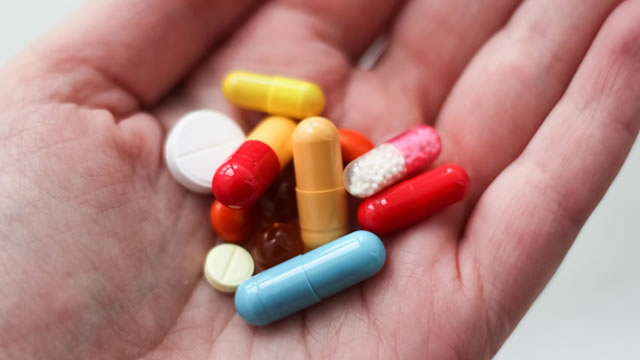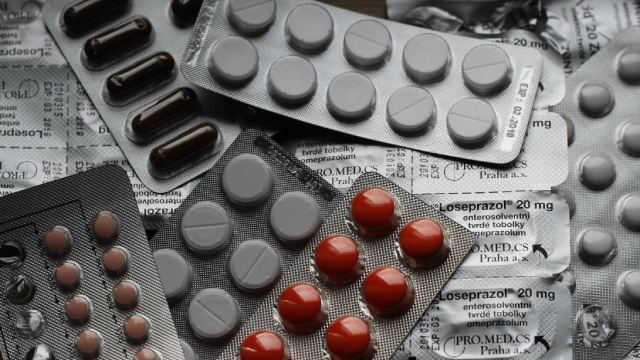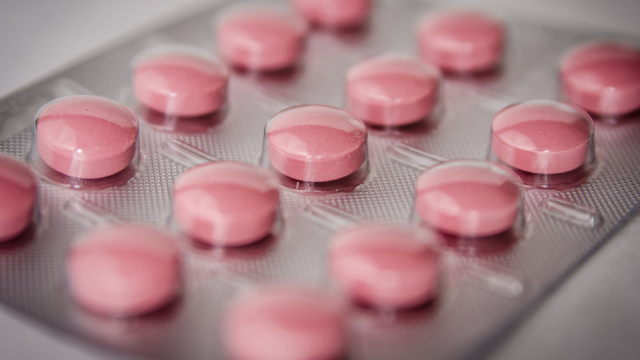NVS Stock Recent News
NVS LATEST HEADLINES
Former FDA Commissioner Dr. Scott Gottlieb joins 'Squawk Box' to discuss news of President Trump ordering pharma companies to lower U.S. drug prices in the next 60 days, the move to tiered pricing globally, the future of gene therapy, changes at FDA, and more.
CNBC's Joe Kernen reports on the latest news.
Leqvio can now be used alone, without addition of statin therapy, as adjunct to diet and exercise for LDL-C reduction in patients with hypercholesterolemia (high LDL-C)1 4 out of 5 atherosclerotic cardiovascular disease (ASCVD) patients do not reach guideline-recommended LDL-C target, reinforcing urgent need for more aggressive LDL-C lowering2-5 Twice-yearly Leqvio is uniquely positioned to help support patient adherence and long-term LDL-C management, including goal attainment EAST HANOVER, N.J. , July 31, 2025 /PRNewswire/ -- Novartis announced today that the US Food and Drug Administration (FDA) has approved a label update for Leqvio® (inclisiran), enabling its use as monotherapy along with diet and exercise to reduce low-density lipoprotein cholesterol (LDL-C) in adults with hypercholesterolemia1.
U.S. President Donald Trump sent letters to the chief executives of 17 major pharmaceutical companies, urging immediate action to lower the cost of prescription drugs for Americans, the White House said on Thursday.
President Donald Trump said he asked major pharmaceutical companies to take steps to cut U.S. drug prices within the next 60 days. It comes after Trump in May signed an executive order reviving a controversial policy that aims to slash drug costs by tying the prices of some medicine in the U.S. to the significantly lower ones abroad.
The Zacks Style Scores offers investors a way to easily find top-rated stocks based on their investing style. Here's why you should take advantage.
The Zacks Earnings ESP is a great way to find potential earnings surprises. Why investors should take advantage now.
Swiss drugmaker Novartis will pay up to $1 billion to U.S. biotech Matchpoint Therapeutics to develop oral drugs for several inflammatory diseases.
Matchpoint to receive up to $60 million in upfront payment and research funding, with up to $1 billion in total potential payments, including option exercise fee, development and commercial milestones Matchpoint will lead all research activities through development candidate selection WATERTOWN, Mass., July 24, 2025 (GLOBE NEWSWIRE) -- Matchpoint Therapeutics, a biotechnology company pioneering the discovery of precision covalent medicines, today announced that it has entered into an exclusive option and license agreement with Novartis for the development and commercialization of oral covalent inhibitors directed at a transcription factor linked to a number of inflammatory diseases.
J&J, Novartis and Allogene Therapeutics are making bold oncology moves as demand surges for next-generation cancer therapies.







